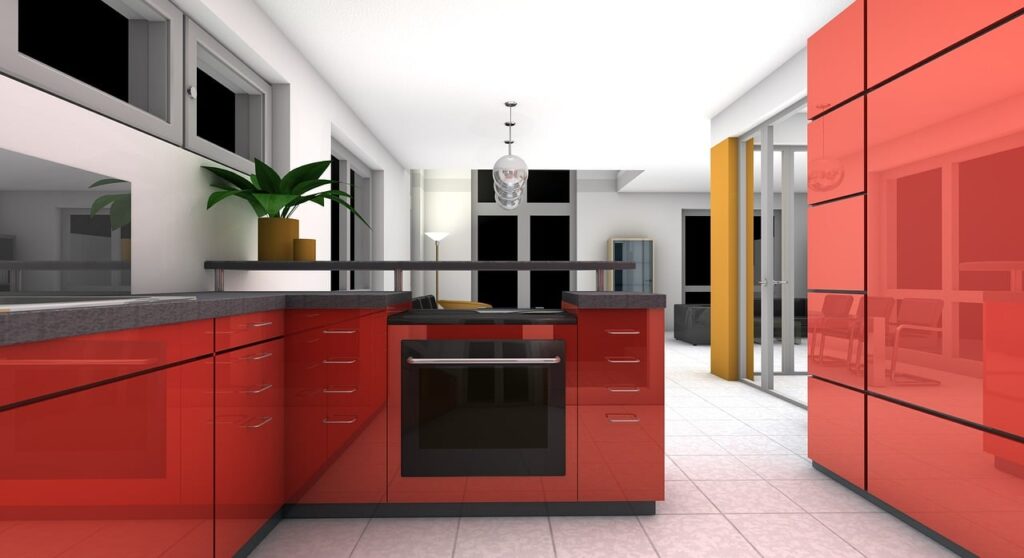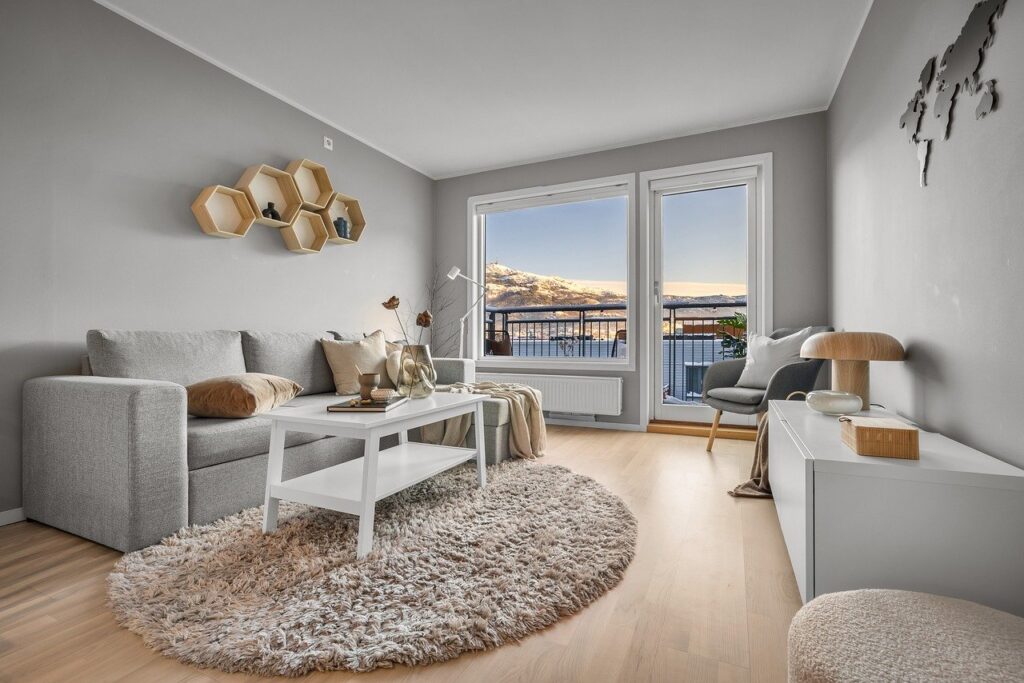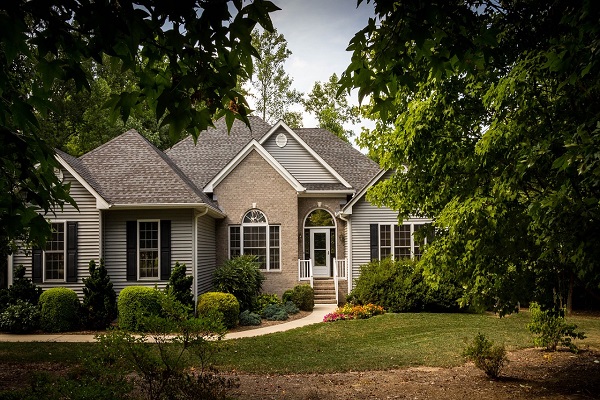Pros and Cons of Hosting Showhouses: Are They Worth It?
Showhouses have long been a strategy used by real estate agents to attract buyers, generate interest, and close deals. But with the rise of digital marketing, online listings, and virtual tours, the relevance of physical showhouses is being re-evaluated. Are they still a worthwhile tool, or are they becoming outdated? Here we break down the pros and cons of hosting showhouses to help agents make informed decisions.

Pros of Hosting a Showhouse
1. Creates a Personal Experience
Walking through a home offers potential buyers a sensory experience that digital listings cannot replicate. From noticing the natural light to experiencing the layout firsthand, these small details can make a property feel more like a potential home.
Tip: Use this opportunity to stage the house perfectly to evoke emotions and inspire ideas for how the space could be used.

2. Attracts Walk-In Buyers
Showhouses allow buyers who may not have initially planned to visit to stop by and explore. Some people enjoy spontaneously visiting homes out of curiosity, and these visits can lead to unexpected offers.
3. Builds a Sense of Urgency
With a limited window to visit, buyers attending a showhouse may feel compelled to act quickly. When several interested buyers visit on the same day, it can create a competitive atmosphere that motivates immediate offers.
4. Provides Networking Opportunities
Showhouses aren’t just for buyers—they’re a valuable platform for agents to network with other realtors and gather contacts for future prospects. Engaging conversations during the event can leave a lasting impression.

Cons of Hosting a Showhouse
1. Time-Consuming and Costly
Showhouses require preparation, including cleaning, staging, and promoting. Agents also need to invest time in marketing and being present at the property. This can take time away from other sales activities, especially if the house does not generate interest.
2. Limited Reach
While showhouses attract walk-ins, their audience is still local and limited to those who can attend physically. In contrast, digital listings and virtual tours reach a broader audience without geographical restrictions.
3. Security Risks
Opening a home to the public increases the risk of theft or damage. Although agents can take measures to secure valuables, the possibility of accidents or vandalism remains.
4. Unpredictable Outcomes
There’s no guarantee that a showhouse will generate offers. Some properties may not photograph or present well, meaning the event could end without securing meaningful interest. Agents must weigh the return on investment (ROI) for each showhouse event.

When Should You Host a Showhouse?
Despite the drawbacks, showhouses can still be a powerful marketing tool in specific scenarios:
Unique or luxury properties benefit from in-person viewings where buyers can experience the premium finishes.
- New listings with competitive pricing may draw a crowd and create excitement.
- Slower markets might benefit from showhouses to reignite interest in stagnant properties.
Strategies to Maximize Your Showhouse’s Success
If you decide to host a showhouse, keep these tips in mind:
- Advertise effectively: Promote the event through online platforms like Facebook, Instagram, and email campaigns.
- Engage attendees: Collect contact information and follow up with leads afterward.
- Create a seamless virtual presence: Complement the physical event with high-quality photos and virtual tours to attract buyers who couldn’t attend.
Showhouses can still play an important role in real estate, but they are no longer the only tool agents need. For many properties, a combination of physical events and digital marketing will yield the best results. The key is to carefully assess whether the benefits of hosting a showhouse outweigh the potential challenges for each property.

Are you a real estate agent looking to fine-tune your strategies and grow your business? Follow Equip Business Coaching for more free resources, tools, and insights into the real estate industry.







